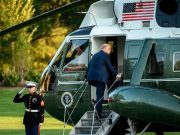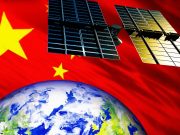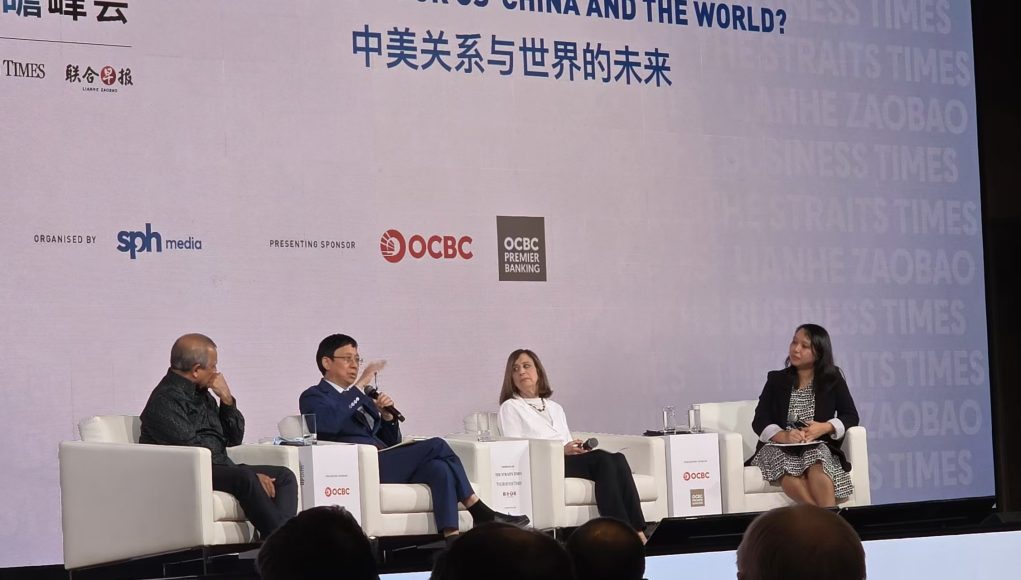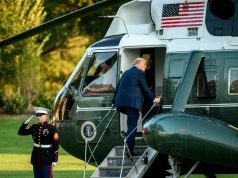(Singapore, 08.10.2025) At the forum “US–China Relations and the Future of the World” organized by SPH this morning, experts from China, the United States, and Singapore shared a cautiously optimistic outlook on the world’s most consequential bilateral relationship. They agreed that while competition between Washington and Beijing will persist, smaller and middle powers are poised to play increasingly vital roles in shaping global stability.
The discussion featured Wendy Cutler, Vice President at the Asia Society Policy Institute; Professor Wu Xinbo, Dean of the Institute of International Studies and Director of the Center for American Studies at Fudan University; and Ashok Mirpuri, President for International Policy and Governance at Temasek and Singapore’s former Ambassador to the United States.
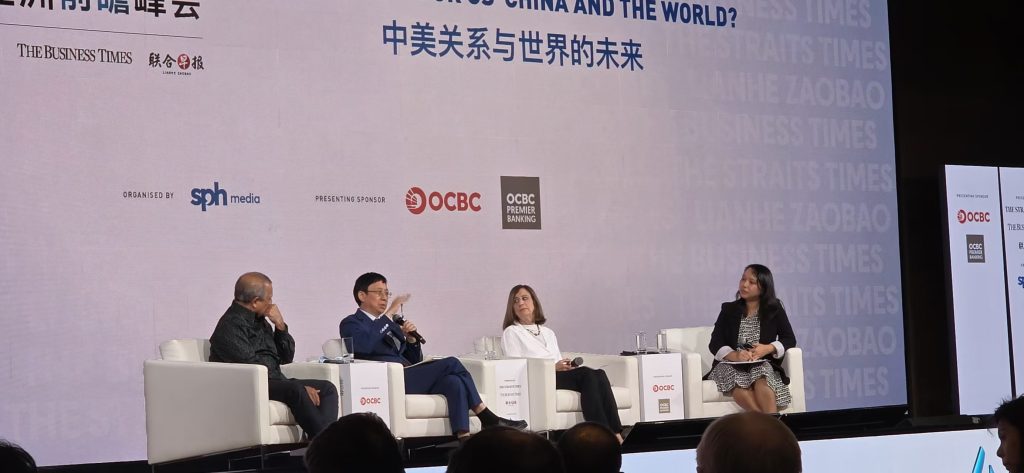
Cautious Optimism for Trade Dialogue
On prospects of a breakthrough in upcoming US–China trade talks, views diverged. Cutler urged modest expectations, noting that both sides “have limited room for political concessions.” She expects “a few symbolic announcements” such as progress on TikTok or an extension of the tariff truce, but “no substantial deal.”
Wu struck a more upbeat tone, rating his optimism “eight or nine out of ten.” He said both sides have aligned interests in areas like rare earth supply and agricultural trade. “If the US improves the investment environment for Chinese companies, and China expands imports of US products, both can claim success,” he said.
Mirpuri emphasized the importance of endurance over headlines: “The question is not what’s announced this month, but whether it will last.”
Filling the Global Governance Gap
Beyond trade, the panel explored how both powers are redefining global leadership. Cutler observed that global institutions like the WTO are “outdated and under strain,” while China’s Global Governance Initiative remains “high on ideals but low on detail.”
Wu countered that China’s goal is not replacement but responsibility: “When major powers retreat, others must step forward. China is trying to fill the gaps, not dominate the system.”
Mirpuri added that governance is shifting from a single-pole system to “a network of issue-based coalitions.” Middle powers, he said, “can now shape rules in new domains like AI, climate, and digital trade.”
A New Balance in a Fragmented World
Looking ahead, all three speakers agreed that rivalry will remain a defining feature, yet war is not inevitable. Mirpuri said both countries “understand the catastrophic cost of escalation” and will strive to manage risks.
Wu predicted that “competition and cooperation will alternate,” and as China grows stronger, “the US may gradually move toward pragmatic engagement.” Cutler concluded that communication remains the lifeline: “As long as dialogue stays open, the world can avoid the worst outcomes.”
The forum ended with a broader reflection: as the global order fragments, the weight of middle powers is rising. As Mirpuri remarked, “We cannot return to the old world, but together we can define a steadier new one.”



